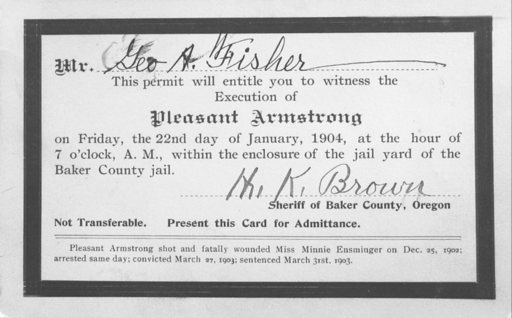
Talking with The Daily Beast about the new Dyson Zone — a $949 wireless headphone that also purifies the air its user breathes via an attached face mask — Dr. Anthony Wexler, an air quality researcher at University of California Davis complains: “These things are terrible because only rich people can afford them …. if you’re wealthy, you can breathe clean air — whereas if you’re poor, well, too bad.”
At first blush, Wexler’s criticism seems sensible. My sprawling Wyoming ranch, nestled in its pristine valley in the Rockies, probably boasts far better air quality than the densely populated urban areas, right next to belching smokestacks of death, where all you poor people live. Well, when my private chopper and private jet aren’t revving up for action on my private helipad and runway, anyway.
[Note to reader: I don’t own a ranch, helicopter, or airplane. Heck, I don’t even own a house or car.]
But let’s step back a moment and look at how the market treats expensive new devices.
Dyson’s first product was a “cyclonic” vacuum cleaner. Its first major licensed release, in Japan, sold for about US $2,000 in 1985 — more than $5,000 in today’s dollars.
James Dyson spent 15 years developing the first bagless cyclonic vacuum. He went through, by his account, 5,127 attempts to get it right, after quitting his job and soliciting investors and lenders so that he could work full-time at it.
Today, Amazon’s search results return cyclonic vacuums in every format from handheld to upright to canister, many for less than $100 (about $39 in 1985 dollars).
What should we say to James Dyson? Hopefully something that he can answer with “you’re welcome.”
The first cell phone, introduced by Motorola in 1983, retailed for $3,995 ($7,335 in 2022 dollars). Today, nearly everyone carries one of that phone’s great-great-grandchildren in his or her purse or pocket, with the cheapest “burner” models — leaps and bounds smaller, many of them “smart” — going for less than $20.
The Apple I — really just a circuit board, not a full-fledged computer — retailed for $666.66 in 1976. How much computer can you buy for $3,361.20 in today’s dollars? Well, that’s about what a top-shelf Apple MacBook Pro goes for … but I’m writing this column on a $150 machine.
The Latest New Thing is almost always expensive, for various reasons. Inventors spend a great deal of time and capital developing it. Patent protection gives them exclusive rights to manufacture or license it for a little while.
And as soon as The Latest New Thing looks like a winner in the market, everyone else goes to work making something like it. Only better. And cheaper.
What makes that process possible? Those rich people spending big money on The Latest New Thing, talking it up, and making it cool.
“Supply-side economics” has long been derided for its supposed “trickle-down” effect. Dyson’s high-end offerings demonstrate the REAL — and desirable — “trickle-down” effect in action.
If the Dyson Zone works well for, and sells well to, the well-heeled, us poor people will be able to grab it, or something like it, on the cheap come Black Friday 2023.
Thomas L. Knapp (Twitter: @thomaslknapp) is director and senior news analyst at the William Lloyd Garrison Center for Libertarian Advocacy Journalism (thegarrisoncenter.org). He lives and works in north central Florida.
PUBLICATION/CITATION HISTORY


